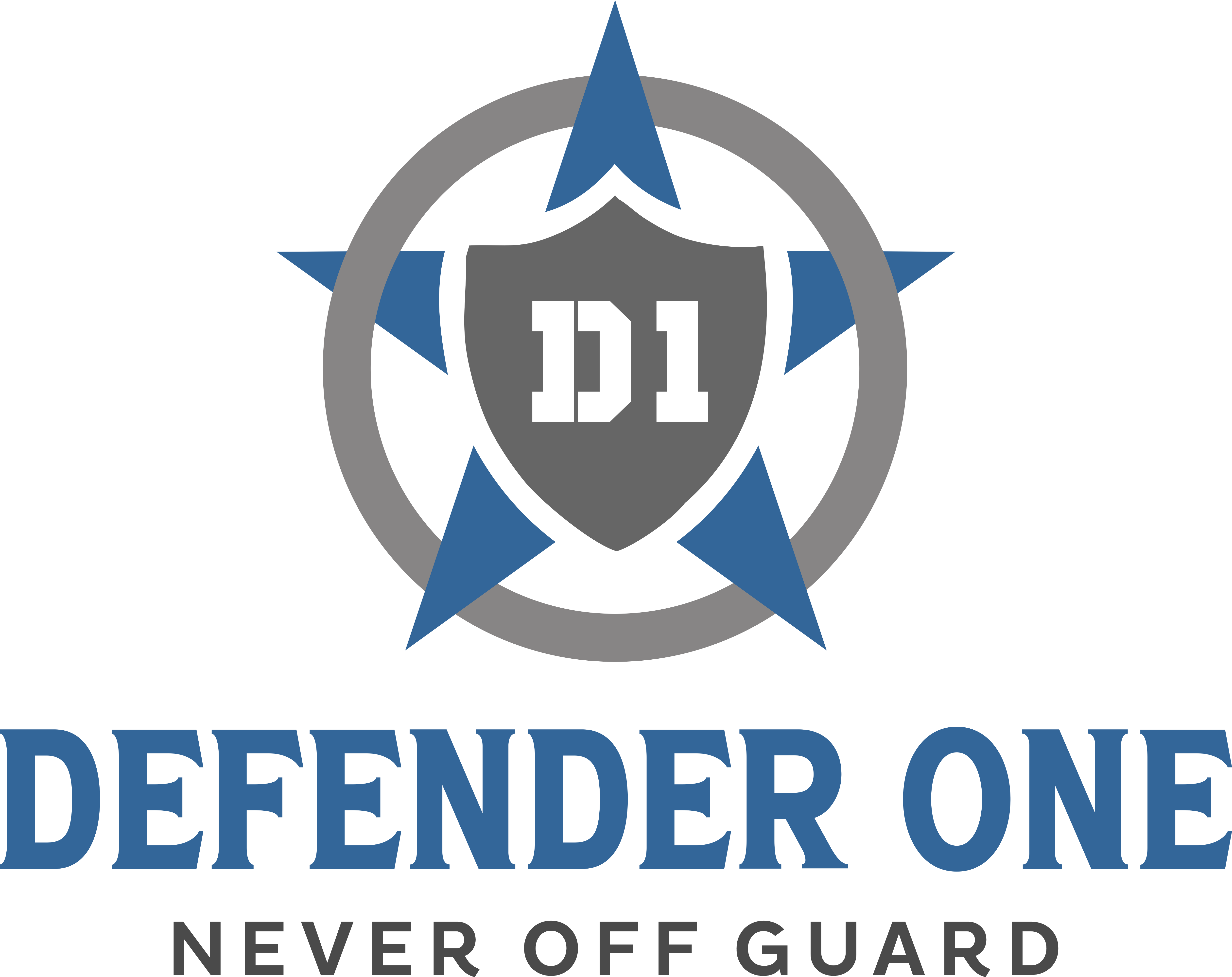Midsize businesses are becoming prime targets for security threats. They’re large enough to attract cybercriminals seeking valuable data but often lack the advanced protections of larger enterprises. With limited budgets and smaller IT teams, these companies are navigating an increasingly dangerous cyber landscape. Ransomware, phishing attacks, and system vulnerabilities have become daily concerns while growing reliance on technology and third-party vendors expands the risk even further. Safeguarding midsize businesses requires a blend of awareness, strategic investment, and proactive measures.
The Increasing Threats Facing Midsize Businesses
Hackers see midsize businesses as low-hanging fruit. They often hold sensitive customer data but may not have the sophisticated defenses of larger corporations. For attackers, this makes them a lucrative target.
Ransomware attacks are one of the fastest-growing threats. According to Cybersecurity Ventures, ransomware costs are projected to reach $265 billion annually by 2031. Midsize businesses are particularly vulnerable to these attacks, which often lead to operational shutdowns, financial losses, and reputational damage.
Phishing attacks are another key risk. Cybercriminals craft convincing emails to steal login credentials or deliver malware. For midsize companies with less security training, employees are more likely to fall for these schemes, increasing the chance of breaches.
In addition, supply chain attacks have become a growing concern. Hackers exploit weak links in vendor systems to access midsize businesses, creating ripple effects throughout entire industries. This evolving threat landscape means midsize businesses must take cybersecurity more seriously than ever before.
Why Cybercriminals Target Midsize Businesses
1. Limited Budgets for Cybersecurity
Midsize businesses often operate under tight budgets. Allocating funds for comprehensive security solutions may not be their top priority. This lack of investment creates vulnerabilities that attackers are eager to exploit.
2. Inadequate IT Expertise
Unlike large enterprises with dedicated cybersecurity teams, midsize businesses often rely on general IT staff. While skilled, they may lack expertise in advanced threat detection and mitigation, leaving the company exposed.
3. Growing Reliance on Cloud Platforms
Cloud platforms are increasingly popular for midsize companies. While they offer scalability and flexibility, they also introduce risks. Misconfigurations, poor access controls, and shared environments can all lead to breaches.
4. Insider Threats
Many businesses underestimate the risks posed by their employees. Whether malicious or accidental, insiders often cause breaches by mishandling sensitive data or clicking on phishing links.
5. Increased Digital Footprint
As midsize businesses adopt more digital tools, their network surface area expands. This growth creates more opportunities for hackers to find weak points in the system.
Methods Hackers Use Against Midsize Businesses
Weak Password Exploitation
Hackers take advantage of predictable or reused passwords to break into networks. Midsize companies without strict password policies or multi-factor authentication are especially at risk.
Unpatched Systems
Outdated software is a common entry point for cybercriminals. Midsize businesses may delay updates due to resource constraints, leaving vulnerabilities unaddressed.
Phishing Emails
Phishing remains one of the most effective tactics for hackers. Well-crafted fake emails trick employees into revealing sensitive information or downloading malware.
Ransomware Campaigns
Attackers often lock down business systems and demand payment for restoration. Without proper backups or incident response plans, businesses feel forced to pay, which only encourages further attacks.
Supply Chain Breaches
By infiltrating third-party vendors, hackers can access entire networks. These attacks are particularly effective because they exploit trust between businesses and their partners.
The Real Costs of Security Breaches
Security breaches can devastate midsize businesses, affecting them financially, operationally, and reputationally.
Financial Damage
Beyond ransom payments, businesses face costs from downtime, data recovery, and legal disputes. Cybersecurity insurance can help, but it may not cover every expense.
Operational Downtime
A single breach can disrupt operations for days or even weeks. For many midsize businesses, even a brief pause can lead to significant revenue loss.
Loss of Customer Trust
When breaches expose customer data, trust takes a hit. It’s difficult to regain loyalty once clients feel their information is unsafe.
Legal and Regulatory Penalties
Industries with strict data protection rules can impose heavy fines for failing to secure sensitive information. Compliance violations can cost businesses more than just money—they can lose future opportunities.
Strategies for Protecting Midsize Businesses
1. Strong Access Controls
Restrict access to sensitive data based on roles. Multi-factor authentication (MFA) can make unauthorized access much more difficult.
2. Regular Employee Training
Educate employees about phishing, password security, and other threats. Frequent training builds awareness and reduces human error.
3. Invest in Detection Tools
Advanced threat detection systems use AI to spot unusual activity and respond before an attack escalates.
4. Engage Managed Security Providers
Managed security service providers (MSSPs) offer affordable, scalable solutions for midsize businesses. They monitor systems, patch vulnerabilities, and respond to threats in real-time.
5. Backup and Recovery Plans
Implementing frequent data backups and a clear recovery plan ensures business continuity in case of an attack.
6. Conduct Security Audits
Routine audits uncover vulnerabilities before they’re exploited. Partnering with external experts ensures a thorough review.
Leadership’s Role in Cybersecurity
Business leaders play a critical role in cybersecurity. They set the tone by prioritizing investments in security tools and staff training. Leadership must also establish policies that enforce accountability and compliance across the organization. By embracing a security-first mindset, leaders can turn cybersecurity from a challenge into a competitive advantage.
Conclusion
Midsize businesses are in the crosshairs of cybercriminals. Limited resources, growing digital footprints, and increasingly sophisticated threats create a perfect storm of vulnerabilities. Yet, businesses don’t have to remain defenseless. By investing in the right technologies, fostering a culture of security awareness, and enlisting the help of experts, midsize companies can protect themselves effectively. Cybersecurity is no longer optional—it’s an essential pillar of business resilience.

